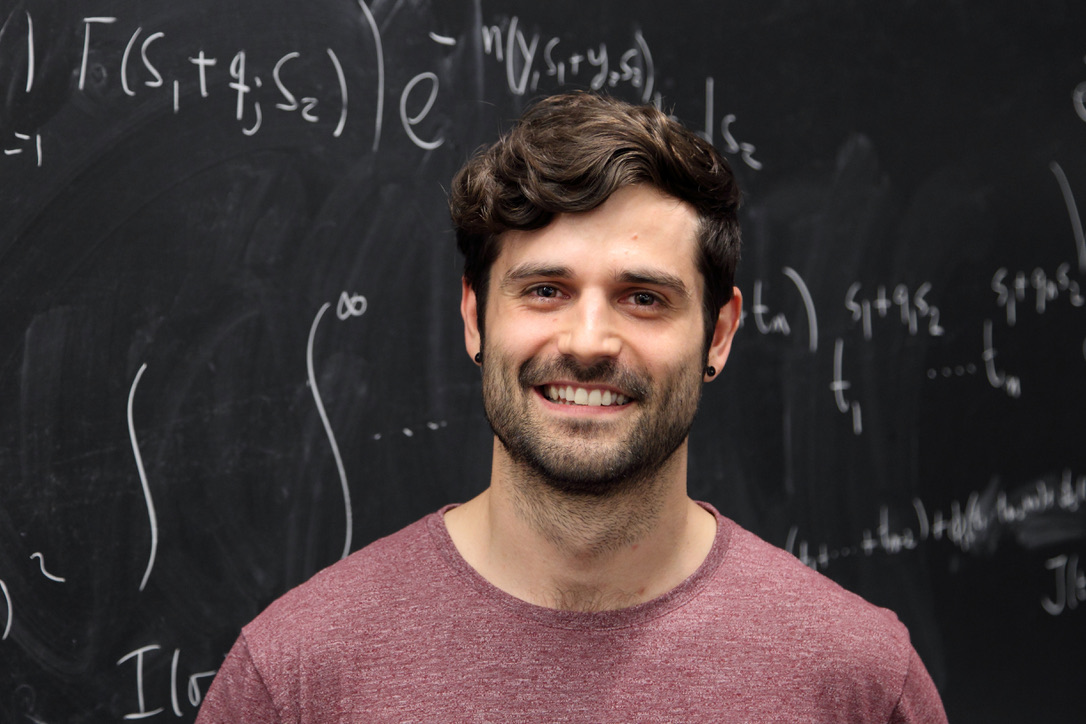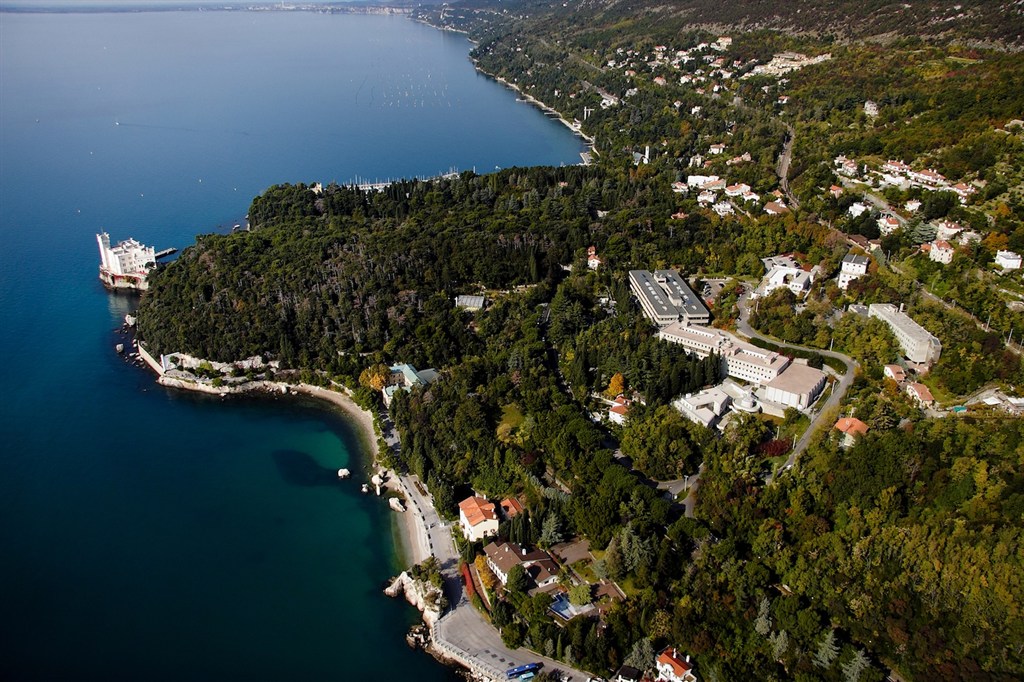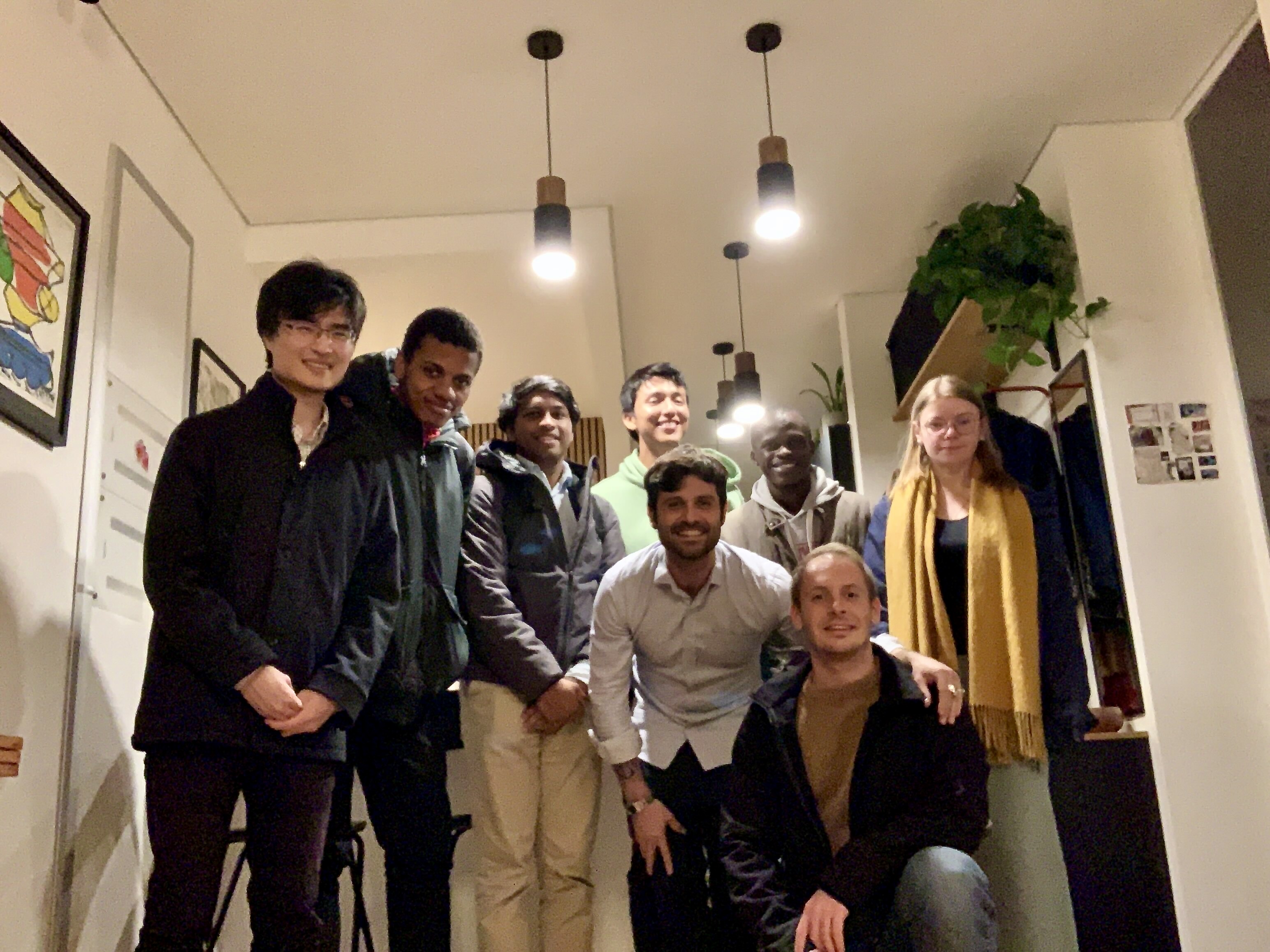Jean Barbier

Mathematical physics of information processing systems
Hello world
I’m Jean Barbier, a Research Scientist (Tenured Associate Professor) in mathematical physics of signals and learning at the International Center for Theoretical Physics (ICTP), part of both the Quantitative Life Science and Mathematics sections. The ICTP is a UNESCO institute whose mission is not only the research excellence, but also teaching and scientific capacity building for the developing world: ICTP really is a special place to do top research and make a positive impact, worldwide.
As secondary affiliation I’m part of the Theoretical and Scientific Data Science group at SISSA.

The website of my group, the CHORAL team, can be found here.
Both my institutes are located in Trieste, a gorgeous Italian city famous for its quality of life and known as the “city of science”. Among many others, an enjoyable feature of ICTP is its location: it is easy to go for a swim at lunch time :)

The research interests of the CHORAL team are centered around information processing systems such as appearing in machine learning, communication and error-correction, signal processing or computer science. We often study these systems and associated algorithms using statistical physics –the language used to describe phase transitions–, its close cousin information theory, and random matrix theory. We try to precisely quantify what is the optimal performance one can aim for when processing (big) data, as well as how close to optimality one can operate when using computationally efficient algorithms.
To contact me use jbarbier(at)ictp(dot)it
You can find a short CV here. In a sentence: prior to joining ICTP I did my PhD at École Normale Supérieure of Paris with Florent Krzakala, followed by a postdoc at EPFL in Lausanne with Nicolas Macris. My research is funded by the European Research Council.
All my articles can be found through my google scholar.
I am part of the editorial boards of Information and Inference: a Journal of the IMA, the Transactions on Machine Learning Research and of the Advances in Theoretical and Mathematical Physics. Do not hesitate to send your papers there!
A “wide audience” video on physics and information processing systems on Youtube. In order to go further on the links between statistical physics and inference without having to read a full research paper, check this perspective article.
A conference I particularly enjoy to organize every year together with an amazing team of friends is Youth in High-Dimensions. It showcases excellent young researchers working on high-dimensional statistics in a broad sense.
For prospective students, please check regularly the openings in the PhD program in Theoretical and Scientific Data Science at SISSA or directly contact me. For Master Theses, please contact me directly.
Here is a list of the current active members of the CHORAL team:
- Mauro Pastore (postdoc)
- Minh Toan Nguyen (postdoc)
- Gibbs Nwemadji (PhD student)
- Rudy Skerk (PhD student)
- Ali Hussaini (PhD student)
- Cristofer Erazo (PhD student)
as well as the past members:
- Francesco Camilli (postdoc, now Prof. at Bologna University)
- Daria Tieplova (postdoc, now postdoc in Aarhus)
- Anas Rahman (postdoc, now postdoc in Hong Kong)
- Manuel Saenz (postdoc, now Prof. at San Andres University)
- Tianqi Hou (visiting PhD student, now staff at Huawei)
- Koki Okajima (visiting PhD student, PhD student in Tokyo)
- Rodrigo Perrez (MSc student, now PhD student in Bologna)
- Eleonora Bergamin (MSc student, now PhD student in Trieste)
- Yizhou Xu (MSc student, now PhD student in Lausanne)
Some teaching material: Lecture notes I wrote on high-dimensional inference and its links with statistical mechanics. Lecture notes on random matrix theory, BBP transition and Bayesian inference written for the GIAN school at the Ambedkar National Institute of Technology, Jalandhar, India. Lecture notes on random matrix theory, AMP, etc, for the school on Mathematical methods for high-dimensional data in Sapienza University of Rome. Crash course on the interpolation and adaptive interpolation methods.
Few quotes I find particularly relevant (the two last are wrongly attributed to Albert Einstein, yet I like them):
An expert is a person who has found out by his own painful experience all the mistakes that one can make in a very narrow field. – Niels Bohr quoted by Eward Teller in LIFE magazine (6 September 1954).
Physics is like sex: sure, it may give some practical results, but that’s not why we do it. – Richard Feynman
If you can’t explain it simply, you don’t understand it well enough. – Probably based on a similar quote about explaining physics to a barmaid by Ernest Rutherford
Everything should be made as simple as possible, but not simpler. – The (long) story of that quote can be found here
In addition to science, I also enjoy a lot electronic music (my music, our Entropie collective and musical experiments from my previous life), rock climbing, ski and free diving.
ERC project CHORAL: Computational Hardness Of RepresentAtion Learning
I feel honoured to be a recipient of a Starting Grant in mathematics from the European Research Council.
CHORAL will develop novel statistical tools to better quantify the performance of neural networks trained from structured data. It will combine random matrix theory, statistical mechanics and information theory, and will blend physics together with mathematically rigorous approaches. Neural nets are amazingly powerful machines, but their theoretical understanding remains limited when compared to their evergrowing applications in science and technology. A related problem of fundamental interest to machine learning that the project will focus on is of “dictionary learning”.
Please check my latest articles and the group website to get a sense of what CHORAL is about. See also a short article about the project.

